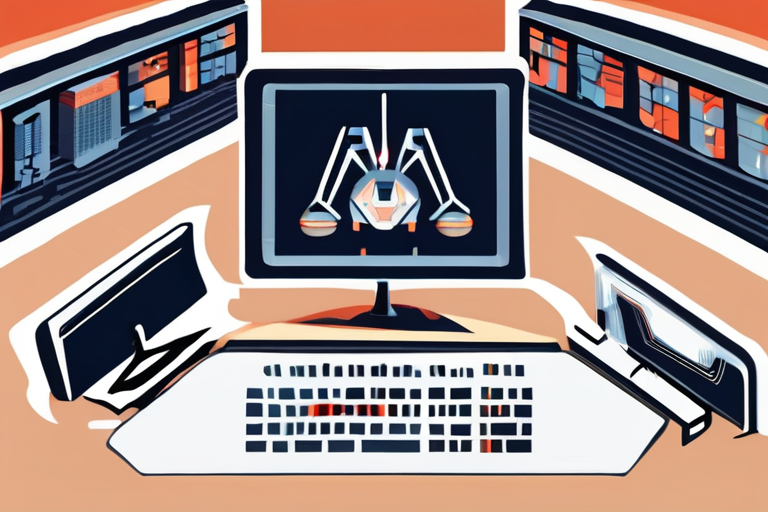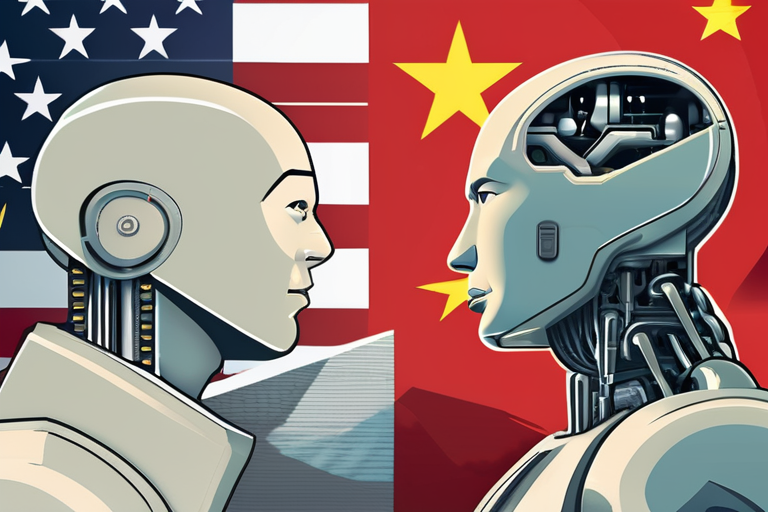Andy Konwinski, co-founder of Databricks and Laude, a venture capital firm focused on AI research, has expressed concerns over the United States' declining dominance in artificial intelligence research, labeling it an existential threat to democracy. Konwinski made these remarks at the Cerebral Valley AI Summit, citing a shift in the landscape where PhD students at top institutions such as Berkeley and Stanford are increasingly exposed to AI ideas from Chinese companies.
According to Konwinski, students at these institutions have reported reading twice as many innovative AI ideas from Chinese companies in the past year compared to American companies. This trend is a cause for concern, as it suggests that the US is losing its competitive edge in AI research. Konwinski emphasized the need for open-source innovation, stating that for ideas to truly flourish, they need to be freely exchanged and discussed. He believes that proprietary approaches to innovation, where companies like OpenAI, Meta, and Anthropic keep their advancements closed-source, hinder the progress of AI research.
Konwinski also pointed out that these companies are attracting top academic talent with lucrative salaries, often exceeding what researchers can earn in universities. This talent drain further exacerbates the issue, as the US struggles to retain its pool of skilled AI researchers. The Laude Institute, an accelerator founded by Konwinski, offers grants to researchers and aims to promote open-source innovation in AI.
The US has historically been a leader in AI research, with institutions like Stanford and MIT driving innovation in the field. However, the rise of China as a major player in AI has raised concerns about the country's growing influence in the field. China's approach to AI research has been characterized by a strong emphasis on open-source innovation, with many Chinese companies and research institutions openly sharing their advancements.
Experts in the field agree that the US needs to adapt its approach to AI research to remain competitive. "The US needs to adopt a more open-source approach to AI innovation, where researchers can freely share and build upon each other's work," said Dr. Fei-Fei Li, director of the Stanford Artificial Intelligence Lab. "This will not only help the US regain its competitive edge but also ensure that AI research benefits society as a whole."
The implications of the US losing its dominance in AI research are far-reaching, with potential consequences for national security, economic competitiveness, and social welfare. As the global AI landscape continues to evolve, it remains to be seen whether the US will be able to adapt and regain its position as a leader in AI research.


























Share & Engage Share
Share this article